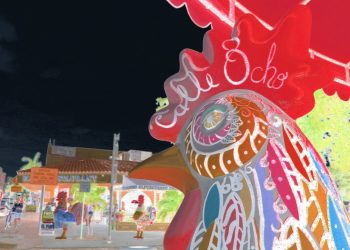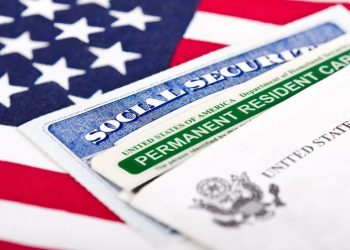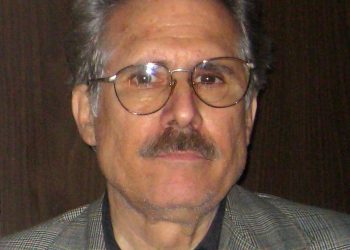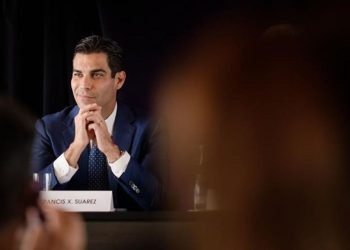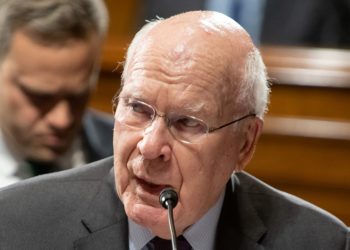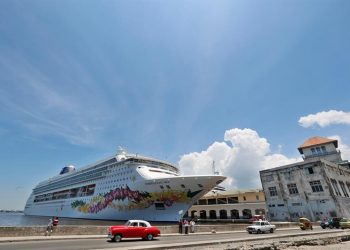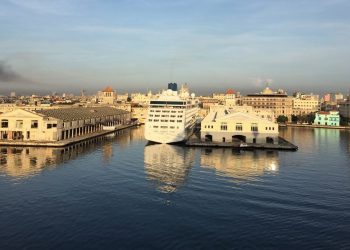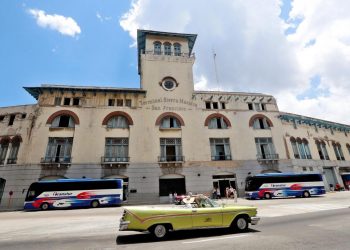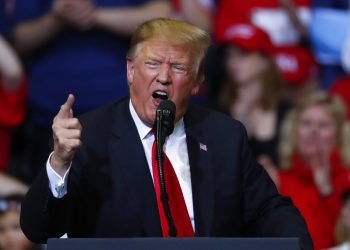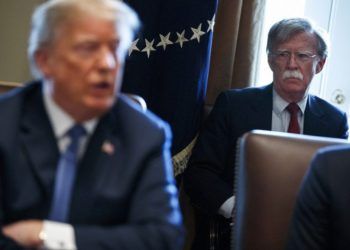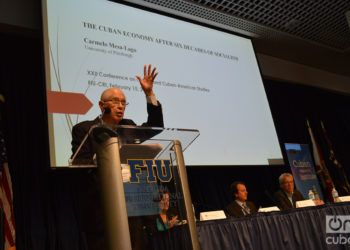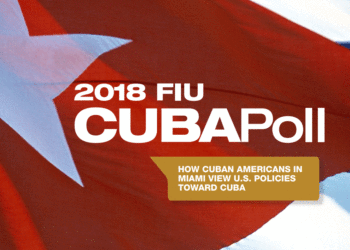Despite Trump, Cubans have lost political influence in the United States
In January 2017, Democratic President Barack Obama ended the wet foot/dry foot policy, an initiative of his fellow Democrat Bill Clinton that banned Cubans from entering the United States if they were found on high seas, that is, three maritime miles from the U.S. coast, but that allowed entry of those who touched terra firma. Recently it was reported that Republican Donald Trump’s White House has designed a new asylum policy that prevents any foreigner at a port of entry―land, sea or air― from receiving asylum if he/she has not previously requested it in a third country adjacent to the United States. There are only two countries adjacent to the United States: Mexico and Canada. All this is due to the large number of people who have congregated on the Mexican border. Although the new policy is mostly designed for potential Central American immigrants, the truth is that the text does not mention any nationality in particular, so it also applies to Cubans, those who have always received preferential treatment since the Cuban Adjustment Act was promulgated on November 2, 1966 giving Cubans the right to residence one year and one day after being in the United States. Now they...


